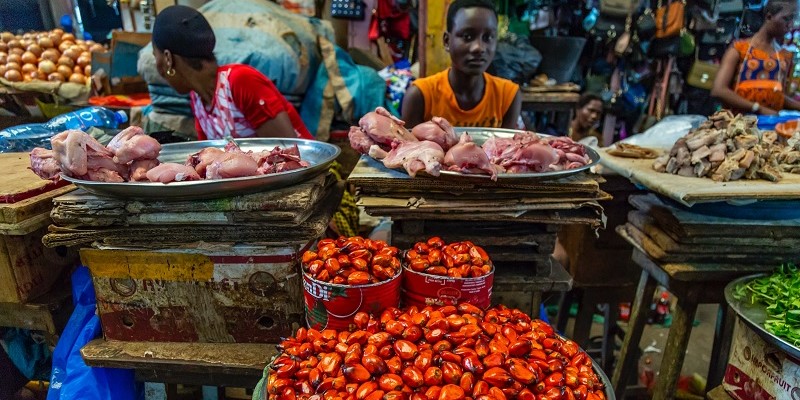The World Bank estimates remittances to the Middle East and North Africa region rose by 2.3% to about $56-billion in 2020.
However, global businesses that want to pay their Africa-based vendors and patterns are often frustrated by their experience with B2B payments.
No ad to show here.
Typically, international businesses must route funds through multiple intermediaries to make B2B payments in many African nations. They must accept high transaction costs. And they often must wait far too long for funds to clear for partners in Africa.
Africa-based businesses, contractors, and vendors make significant contributions to global company revenues across the globe. It should be easier for global businesses to pay them.
The frustrations of B2B payments
Today, there is a real opportunity for B2B payments to support economic growth and entrepreneurial innovation across Africa, at a time when many nations are battling for recovery from the pandemic.
Africa’s GDP is growing, despite the COVID-19 crisis., partially driven by consumer spending which is projected to reach US$2.1 trillion by 2025. But micro businesses, SMMEs, farmers and families all need to be able to bolster cash flow in a faster, more predictable way – better B2B payments can help.
For too long, it has been expensive to send money. Transaction fees send money from SA to Botswana are almost 20%, according to the World Bank.
Yet there is a clear appetite for better ways to pay and get paid. The use of mobile money, for instance, is growing five times faster on the continent than in any other region.
The percentage of adults with a mobile money account is as high as 30% in the Ivory Coast and Senegal, and even 40% in Gabon, according to data cited by the European Investment Bank.
Nium recently announced that its clients can now send funds to their business partners located in Ghana, Kenya, SA and Tanzania.
Nium’s clients across the world can now remit funds to more than 30 banks in each country and more than 1 000 bank branches. Our clients and their customers can also now make B2B payments to each of these nations with same-day bank transfers, or instantly with mobile money wallets.
The potential for fintech innovation
Fintechs and government regulators can collaborate to ensure a fast and affordable process for global and local businesses sending funds to and between African countries. National governments and regulators are taking strides to empower better B2B payments and innovations in money movement.
- Kenya’s government launched the Kenya Electronic Payment and Settlement System (KEPSS) in June 2020. KEPSS already processes a daily average of 19 000 transactions valued at more than $955 million, more than 80% of total transaction value settled in Kenyan payment systems.
- The Bank of Ghana established a Fintech and Innovation Office in May 2020 to drive digital transformation and oversee mobile money operators, payment service providers, and other emerging payment technologies.
- SA’s Reserve Bank established the Intergovernmental Fintech Working Group in 2016 to assess risks and opportunities in the country’s financial sector.
- And broader financial market initiatives, such as the East African Regional Payment System and the Real-Time Gross Settlement system by the Economic and Monetary Community of Central Africa will ensure smoother transactions between regions.
These initiatives will help Nium’s clients across the world to send B2B payments easily and affordably to their subsidiaries, partners, and vendors in Africa.
Towards better business payments
Africa has long been an under-served region for most fintechs. Currently, only 2% of fintechs in Africa are focused on cross-border payments, according to the EIB.
But a transformation is underway. The prospects for further fintech innovation are boundless when you view them against the backdrop of the African Continental Free Trade Area, which covers a market of 1.2-billion people and a GDP of $2.5-trillion.
Nium’s expansion into Kenya, Tanzania, Ghana, and SA represents an important milestone, and I’m excited to be in Kenya leading our efforts to grow trusted partnerships across the continent. We know many global brands and fintechs have mistakenly adopted a one-size-fits-all approach across Africa.
That’s why we want to empower a diverse range of local businesses in different African countries, as we give global businesses a better B2B payments experience. We can all play our part to empower local businesses in Africa. They will drive economic recovery.
This article is written by Clara Wanjiku Odero, VP for Partnerships and Growth in the Middle East and Africa at Nium,
Read more: In with the young: Why fintechs need young thinkers to thrive [Opinion]
Read more: SA payments platform Yoco raises $83m in funding
Featured image: Tim Mossholder via Unsplash
